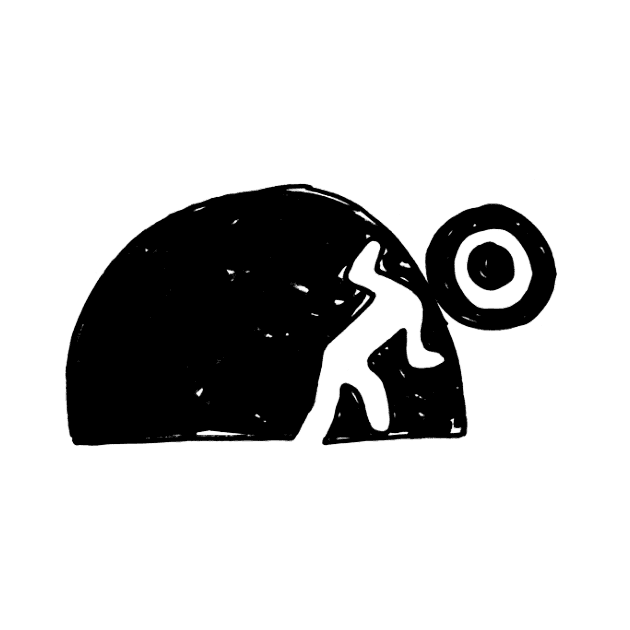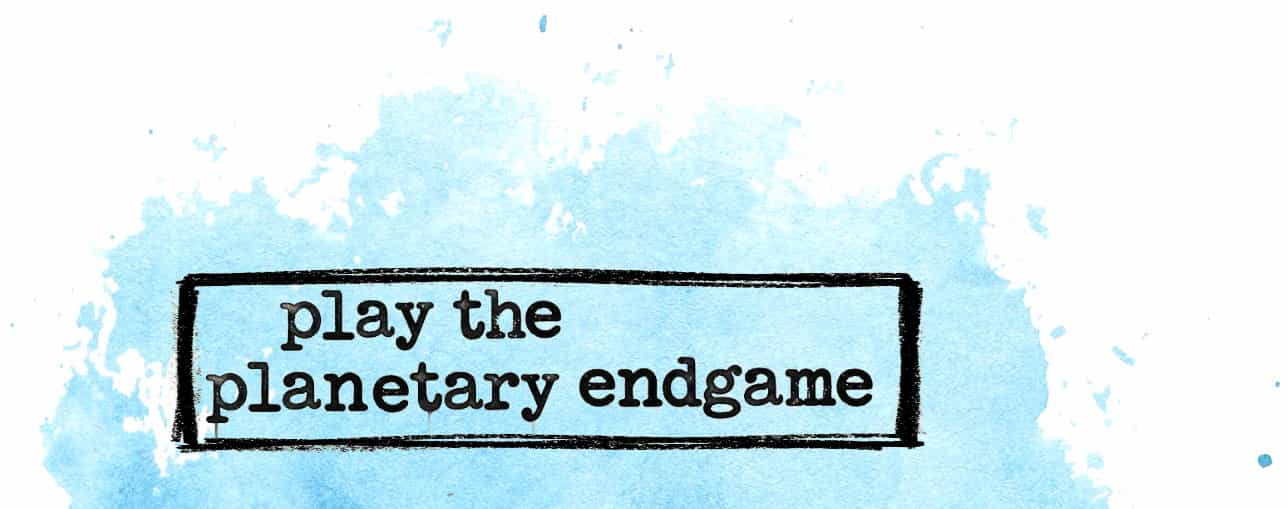The “Ripening Beast” Has Left the Building: RIP David Hickey

"In the twentieth century, that's all there is: jazz and rock-and-roll. The rest is term papers and advertising." - Dave Hickey
The smartest guy in the room was also the biggest smartass. Harvard and Yale — both places he taught at – were the kind of clubs he wasn’t sure he wanted to belong to. He accepted a MacArthur “genius” grant while remaining deeply suspicious of the word. Nothing in life matters more than beauty, he insisted — even while scarfing hamburgers and living in Vegas. He pissed off people on both ends of the political spectrum, calling himself, at various times, a “bleeding heart libertarian,” and an “egalitarian elitist.” He said what it wasn’t safe to say until everyone else was saying it too (or at least thinking it).
There’ll never be another cultural critic like Dave Hickey — who died on November 12 at age 81. And that is exactly the kind of claim he would call bullshit on. What you can say about Dave Hickey is that he matters because art matters. Maybe now more than ever.
All revolutions are aesthetic before they’re anything else. Taste is power, and power is politics . . . so taste has enormous power to shape history. “Picasso, Pollock and Warhol changed the world because they re-ordered preferences,” Hickey said.
From his perch way outside the establishment (like Diogenes the Cynic, living on lentils so he wouldn’t be beholden to the king), Hickey watched the culture re-order its preferences, sculpting and resculpting itself. Art is happening all over, in real time, and if you just look for it in galleries you’ll miss most of it. He saw no real distinction between a Mondrian painting and a Dr. J jump shot: if it makes your scalp tingle, it’s art. “There are people who treat Raphael as graffiti, and people who treat graffiti as Rafael,” he said. “I prefer the latter.”
“Bad taste is good taste,” he said, “and good taste is just the residue of someone else’s privilege.”
*
He was the scat poet of literary criticism — his style was inspired, he claimed, by Chet Baker’s trumpet solos. (Hickey liked jazz because jazz exemplifies the possibly doomed experiment of being totally free, with others.) He wrote in bursts of observation that glowed with gonzo radioactivity. Old-school, yes, but somehow new-school too, in tune with the 140-character pulses sent daily by the billions into the Twitterverse. (Hickey saw the Internet for what it is — a double-edged blade. “If you’re on social media, you are not making good art or, at least, not enough of it . . . ”)
He kept a pied-a-terre in his head, but he lived mostly in his body. This is a guy who once played guitar with Janis Joplin and first encountered Robert Mapplethorpe’s work in a coke-dealer’s apartment. Leave it to other critics to deconstruct the reasons why people find things beautiful; Hickey just let beauty land. We feel first, and then the head kicks in; if the order is reversed, something’s wrong — with the art, or with us. All stabs at technical perfection — from the drum machines of the ’80s to the Auto-Tune that gives everyone a shot at a top-40 hit today — are stupid. Real art is messy. Order sucks. When you just miss the target, you usually end up somewhere closer to the truth.
We forget that art is a fundamentally social thing, or should be. It draws us out of our silos to stand in front of it and talk. In that give-and-take we’re energized; but no stranger has an answer to our predicament. Hickey’s famous essay “The Heresy of Zone Defense,” about basketball, was embraced by many who don’t care a lick about basketball. Because it wasn’t really about basketball — it was about life. It’s a team game we’re playing, here, but ultimately, we must all improvise a personal solution as the shot-clock runs down. The noblest thing, maybe, is simply showing up. “The missing are presumed dead.”
*
Hickey had a theory that all people are either pirates or farmers. “Farmers build fences and control territory; pirates tear down fences and cross borders.” He himself was a pirate. All artists are supposed to be pirates, but too many of them have become farmers.
Over the decades he watched money and celebrity warp the contemporary art world — the overexposed stars, the gallery owners pimping their wares to rich collector/investors — to the point he wasn’t sure he wanted any part of it.
So he walked away.
That was a decade ago.
Now, as his pal, the Pulitzer-Prizewinning art critic Jerry Saltz put it, the “exquisite nomad and ripening beast” has left the building altogether.
Join the Third Force Collective to access our revolutionary briefings.
This isn't a paywall. You can close it if you just want to read the article below it. But our aim is to win the planetary endgame — we want to catalyze a moment of truth, a stunning reversal of perspective from which corpo-consumerist forces never fully recover. For that we need you.






